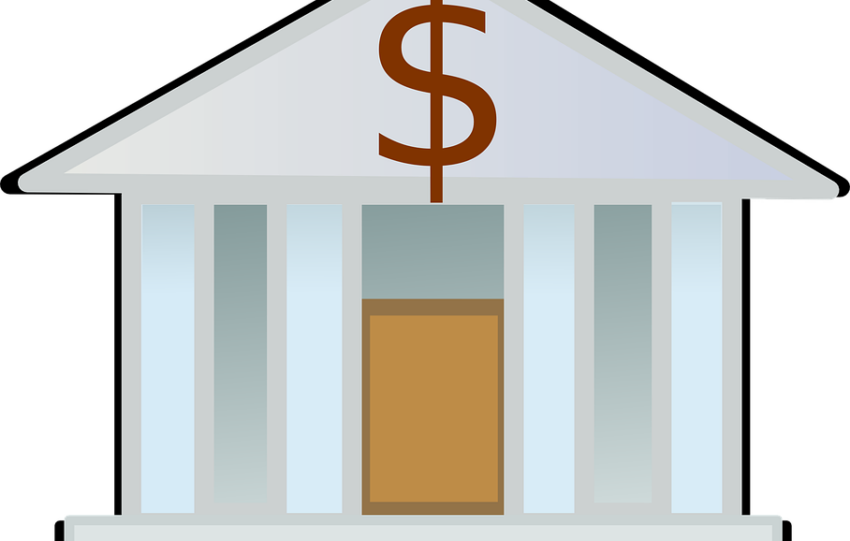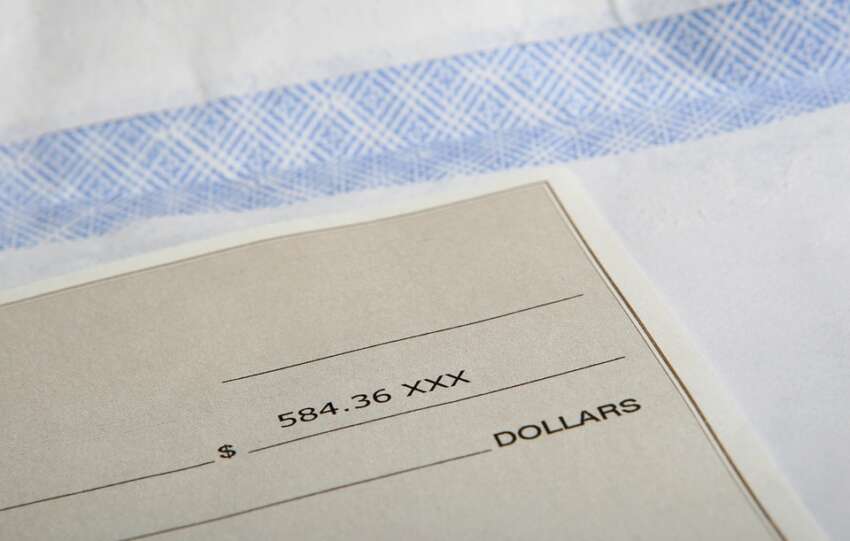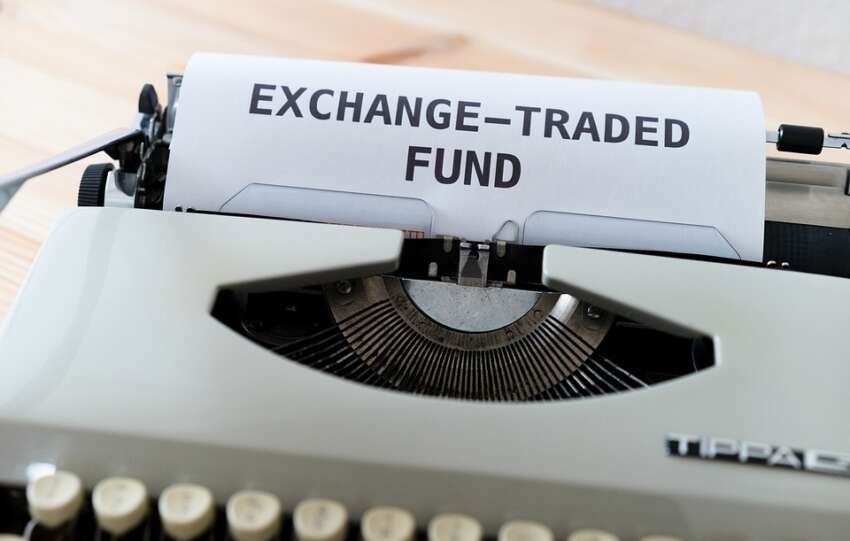

If you're a resident of Ontario and you're living with a disability, you may have heard of the Ontario Disability Support Program (ODSP). But what is ODSP, exactly, and how can it benefit you or your loved ones? Here, we'll explore the ins and outs of ODSP, including its eligibility requirements. We'll also cover the…

Are you looking to make a money transfer or set up direct deposit for your paycheck in Canada? If so, you may have come across the term "transit number" and wondered what exactly it is and how it's used. In this blog post, we'll delve into the world of Canadian transit numbers and explain everything…

If you're a Canadian resident or business owner, it's likely that you've come across the term "Financial Institution Number" or FIN at some point. But what exactly is a FIN? How does it apply to you? The short answer is that The FIN is the 3-digit number identifying a financial institution. It is for example…

Are you in need of depositing a U.S. dollar cheque in Canada, but not sure how to go about it? No need to worry – it's actually quite a simple process! Here's a step-by-step guide on how to deposit a USD cheque in Canada:
1. Verify If Your Bank Can Deposit A US Dollar Cheque…

TLDR: The RESP deadline for the tax year 2022 was December 31, 2022. The deadline for the current tax year 2023 is December 31, 2023. It’s not too late to start now, unless your youngest child turns 18 this year. Reminder: the plan must be closed by the time the youngest child turns 31.
Are…

As a resource-rich country, Canada has a significant presence in the global uranium industry. The Toronto Stock Exchange (TSX) is home to several companies that specialize in the exploration, mining, and production of uranium. In this blog post, we'll take a closer look at some of the top uranium stocks on the TSX and discuss…

Here are the top exchange-traded funds (ETFs) in Canada, based on assets under management.
Vanguard FTSE Canada All Cap Index ETF (VCN)
iShares Core S&P/TSX Capped Composite Index ETF (XIC)
BMO S&P/TSX Capped Composite Index ETF (ZCN)
iShares S&P/TSX 60 Index ETF (XIU)
BMO S&P 500 Index ETF (ZSP)
iShares S&P 500 Index ETF (XUS)…

TLDR: You can transfer up to $3,000 per single transfer and up to $10,000 total for a period of 7 days.
Are you a fan of using e-Transfers to send and receive money quickly and easily? If so, you may be wondering just how much money you can send through this convenient service. After all,…

As a Canadian, you know that your credit score is an incredibly important aspect of your financial health. It can affect everything from your ability to get a loan or mortgage, to the interest rates you'll pay on those loans. If you have a low credit score, it can feel like you're stuck in a…

As Canadians, we're no strangers to using Interac e-transfers as a quick and easy way to send and receive money. But what happens when you need to cancel an Interac e-transfer that you've sent, or if you've received an e-transfer that you no longer want or need?
First off, it's important to note that e-transfers…
